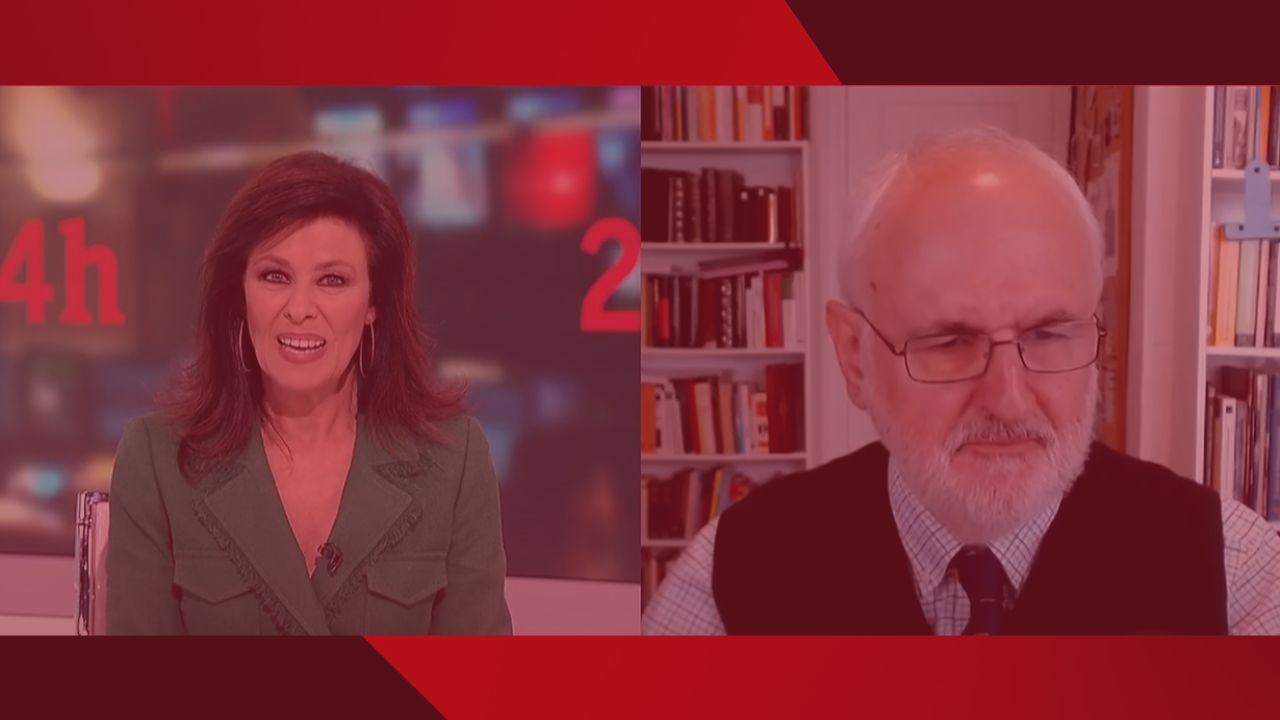At a time when it seems that the “Brexit” comes out of the impasse it has been in since May 2016 (at least, the Withdrawal Agreement has already been implemented, although the most difficult part is missing: the new relationship between the United Kingdom and the European Union), EU authorities have set their sights on two countries that are of particular concern to them, namely Italy and Spain, the third and fourth European economies respectively by volume of GDP. Neither of the two seems capable of recovering the favourable situation that the first enjoyed in the 1990s, and the second, until 2008.
Of course, both countries do not face the same problems: while that of the Italians is the national debt over GDP, the Spanish main problem is the permanent political blockade. Both circumstances weigh down any hint of positive behaviour from their economies. The Italian public resources are constantly conditioned by the payment of the aforementioned debt (which amounts, nothing more and nothing less, than to 135 percent of its GDP, only surpassed by that of an economy ten times smaller in size, the Greek ), while, in Spain, the blockade leads to the approval of laws that do not allow a new reformist impulse. Thus, what one has, the other lacks, and vice versa. We will detail why.
Italy, whose tendency to demand the calling of early elections is sometimes excessive, is, however, the country of impossible pacts. Only through this fact can be explained that in the same legislature an “anti-caste” party (although it has ceased to be so in practice) such as the Five-Star Movement could, first, carry out a government agreement with a centre-right party (Matteo’s League Salvini) and, just one year later, carry out a new government coalition with the main formation of the centre-left (the Democratic Party, an alliance joined by Free and Equal and the Living Italy of former Prime Minister Matteo Renzi). Unlike them, in Spain we still do not know what a true government coalition consists of: there was an opportunity to carry it out until last September, with a coalition of the PSOE and Ciudadanos, but it did not materialise. And, although now PSOE and Podemos agreed to form an Executive together, it does not exist as such, since, with the votes of both formations, they are left to nothing more and nothing less than 21 seats of the absolute majority. In other words, while Italians are able to ally with whomever it is, the result of a strongly pragmatic culture, in our country, rigidity and vetoes remain to be the order of the day.
The problem for Italians is the national debt over GDP, and the Spanish, the permanent political blockade
What worries the European Union about both countries? Let’s start with Italy. Despite being a «founder» country (the Trentino Alcide de Gasperi, eight times «Italian premier», is considered one of the founding «fathers» of Europe), for decades, its breaches in regard to the Stability Pact (Maastricht Treaty, February 1992) have been systematic. Its national debt far exceeds that set almost three decades ago (a maximum of 60 percent of debt over GDP), on many occasions it has missed the deficit targets, and has failed to lower the unemployment level by 10 percent ( in the case of young people, it reaches 30 percent). In this sense, the very serious problem of its labour market is key: its Workers Statute dates from 1970 (that is, it precedes the oil crisis that changed economic dynamics in the West so much), and it was not until December of 2014 (with the “Jobs Act” of the Renzi Government) when the first clear reform in this regard was launched. The consequence: as soon as jobs are created, talent goes abroad (700,000 Italian workers reside in the United Kingdom alone), and companies become less and less competitive, which sometimes leads them to resort to protectionist measures.
Directly related to this is the very low level of growth. It is necessary to go back to the year 2000 to see increases in the GDP above 3 percent, and 2 percent until 2007. Recently, there have been several FY with decreases (2009, 2012 and 2013), and now, after a stage of growth recovery (with the Letta, Renzi and Gentiloni governments between 2013 and 2018), the country has returned to recession. It suffices to say that 2019 ended with a quarter in which GDP decreased by 0.3 percent, the worst figure in the region. Therefore, it is not surprising that the country, after almost two years of legislature, has already settled in a pre-electoral scenario, with a possible non-political government around the corner and early general elections that could surely take place in September of this year.
Meanwhile, in Spain, the problem is specified in one word: blockade. Since 2015, only two General State Budgets (those corresponding to 2017 and 2018) have been approved, and it gives the impression that those of 2018 will be extended once again in 2020. Something that, by the way, does not happen to Italians, which approved theirs in time and term, complying with the rules of the Stability Pact. This is because governments functioned while there was bipartisanship of a left-wing force (the PSOE) and a right-wing force (UCD, AP, PP). The electoral law, which, unlike the Italian one, has never been modified in a democracy (in the transalpine country they have already had four: those of 1953, 1993, 2005 and 2017), provided for the two main parties to achieve an absolute majority by themselves, or by adding their votes with those of those formations that concentrated them in a few constituencies (the Catalan nationalists, in four; and the Basque nationalists, in three). But, since two new actors (Ciudadanos and Podemos) broke into national politics in 2015, the system has gone from dividing itself between two to doing it among four, if not six, if we add Vox and Más País (of course, being much more relevant the first one than the second).
Thus, a logical solution would be to form a «great coalition» between PP and PSOE, since they represent the social majority of this country, and also because between the two, they could approve, not only State Budgets, but also a new electoral law that would introduce a majority award (as in Greece, where 50 additional seats are awarded to the winner), or a double round (in Italy it is called “ballotaggio”, although, at the moment, it is not used for the general elections). However, the PSOE has preferred to look to its left, to join forces with the new Communists of Podemos and with nationalists. As a result, we have a country paralysed until autonomous elections are held in Catalonia and it is known with whom President Sánchez has to negotiate. Meanwhile, the public administrations have very little activity: no competitive examinations are called, no relevant laws are passed, education is still waiting for someone to try to end such a low level of skills, the renewal of the judicial bodies is still pending and, most seriously, the crucial issue of public pensions is not addressed, despite the fact that the pay-as-you-go system has been in real bankruptcy for years. Of course, the national debt over GDP, unlike the Italian one, is not only controlled, but it has decreased five points compared to 2014, which is very good news. The reality is that, in a scenario of economic slowdown, both Spain and its neighbouring Italy do nothing but give cause for concern to the European Union, which fears a possible “Italexit” (especially if the anti-European Matteo Salvini seizes the Presidency of the Council of Ministers), as well as a stagnation of the Spanish economy, after more than a decade of sacrifices made by the citizens of our country. We will see what the future holds, but the present leaves, in both cases, much to be desired.






